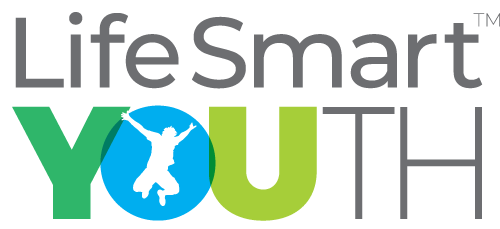Start Teaching Them Early
Some girls begin puberty at an earlier age than in previous generations, often beginning in 4th grade.
Girls need to start learning about puberty and what will happen to their bodies before the changes occur. When parents take an active role in initiating conversation, children have an idea of what to expect, making it less scary. Questions may be prompted by a family member or friend who is expecting a baby, after a conversation with a sibling, or because a friend is talking about getting her period. When parents show empathy and use the correct terminology, girls will be better prepared for all the stages of puberty.
Often there are few visible signs when girls first enter puberty. They start producing hormones by age 10, at a time when many parents think their children are still naïve or immature. Physical changes become noticeable, on average, by age 12. This is when girls typically develop breast buds and begin to see pubic hair. While ovulation and menstruation (periods) may begin at this stage, it is most likely to begin by age 13. Be sure to discuss what to do if girls start their period away from home. You may also want to provide them with menstruation products in advance of this age.
Acne and body odor begin by age 13, as well. In addition, the vagina may start to produce a clear or whitish discharge. Be sure girls understand this is normal and acts as a self-cleansing agent. By age 14, girls begin to develop underarm hair, and their periods become more regular. On average, the monthly menstruation cycle is not fully established until age 15.
By the end of puberty, breast, pubic hair, and uterus growth are complete and ovulation occurs monthly. This is an important time to discuss teen pregnancy prevention.
Visit these online resources for more information:
Talking to Your Child About Puberty (KidsHealth)
Female Reproductive System (KidsHealth)
Talking to Your Child About Menstruation (KidsHealth)
